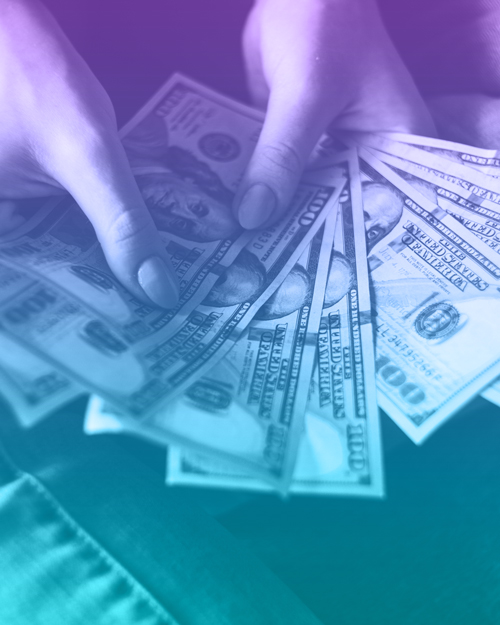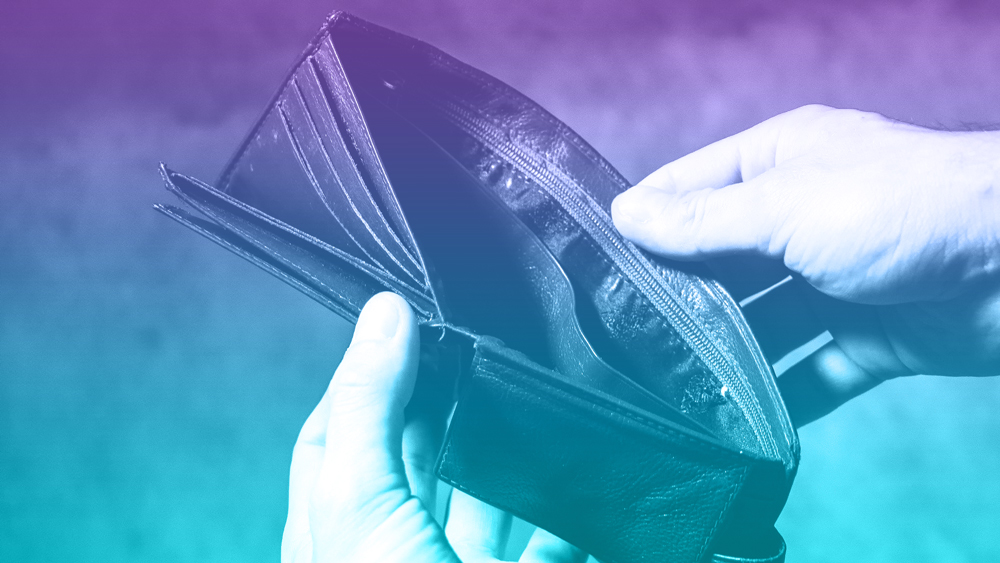The Cost of Addiction
We will still accept these policies at Clean Recovery Centers if we have enough higher paying policies to offset the costs. Money is secondary to our cause and purpose. Many of our staff, including our ownership, make far less money than they would be earning elsewhere.

We have all heard of treatment centers that charge $20K, $30K and $70K or more per month in cash for treatment. Are those costs too high? If one has the financial resources to pay for such treatment, then those costs may be reasonable. But most do not have these funds readily available. Thankfully, there are far less expensive treatment centers as well as state funded facilities for those who do not have the required financial resources or insurance.
Unproductive time
I think a better question to ask around addiction costs is, “What is the cost of not receiving treatment?”
Based upon my experience, I can tell you that those costs are far higher than the cost of treatment. For example, what is the cost in unproductive time for companies who have workers on staff in active addiction? Let’s face it, someone in active addiction is far less productive and is potentially dangerous in the workplace. In addition, there are often tremendous liabilities to the company and society at large.
Here are some examples – the delivery driver in active addiction may show up late, upset customers, miss routes and could crash the vehicle into another car, building or anything else at any time. Innocent people may be severely injured or killed. The cost of such behavior to the company could be millions of dollars. Yet the cost of treatment would have been a very small fraction in comparison.
Devastated families
What about the costs to families? Parents in active addiction often lose their jobs. When this happens, families can become financially devastated. And don’t forget the emotional cost? It is impossible to place a dollar value on the emotional turmoil people in active addiction put their loved ones through. We see it all the time – parents, spouses, children and other friends and family are literally crushed psychologically and emotionally by their suffering loved ones in active addiction. Many experience severe trauma, depression, anxiety and physical impairments by witnessing and experiencing these devastating behaviors. This is so traumatic that they often require medical and clinical treatment themselves.
We also see families that have not only been emotionally destroyed but also financially ruined. We typically see this in cases where the suffering addict has been to many treatment centers and continuously relapsed.
Be Firm
Digging down into these situations, we often find that financial ruin could have been largely avoided. By allowing suffering addicts to continue to relapse and then to continue to financially support them is called enabling.
Though done out of love, enabling not only makes the addict worse, it makes everything worse for all concerned – financially and emotionally. Family and friends need to make it very clear to the suffering addict they will help them but only if they are willing to get help and to continuously do what is required to remain clean and sober after treatment.
No matter how you measure it, the costs of addiction are large. That said, the cost of not treating addiction is far larger.


